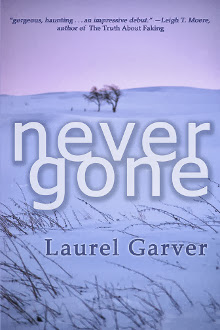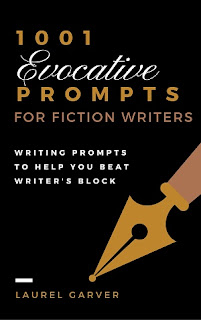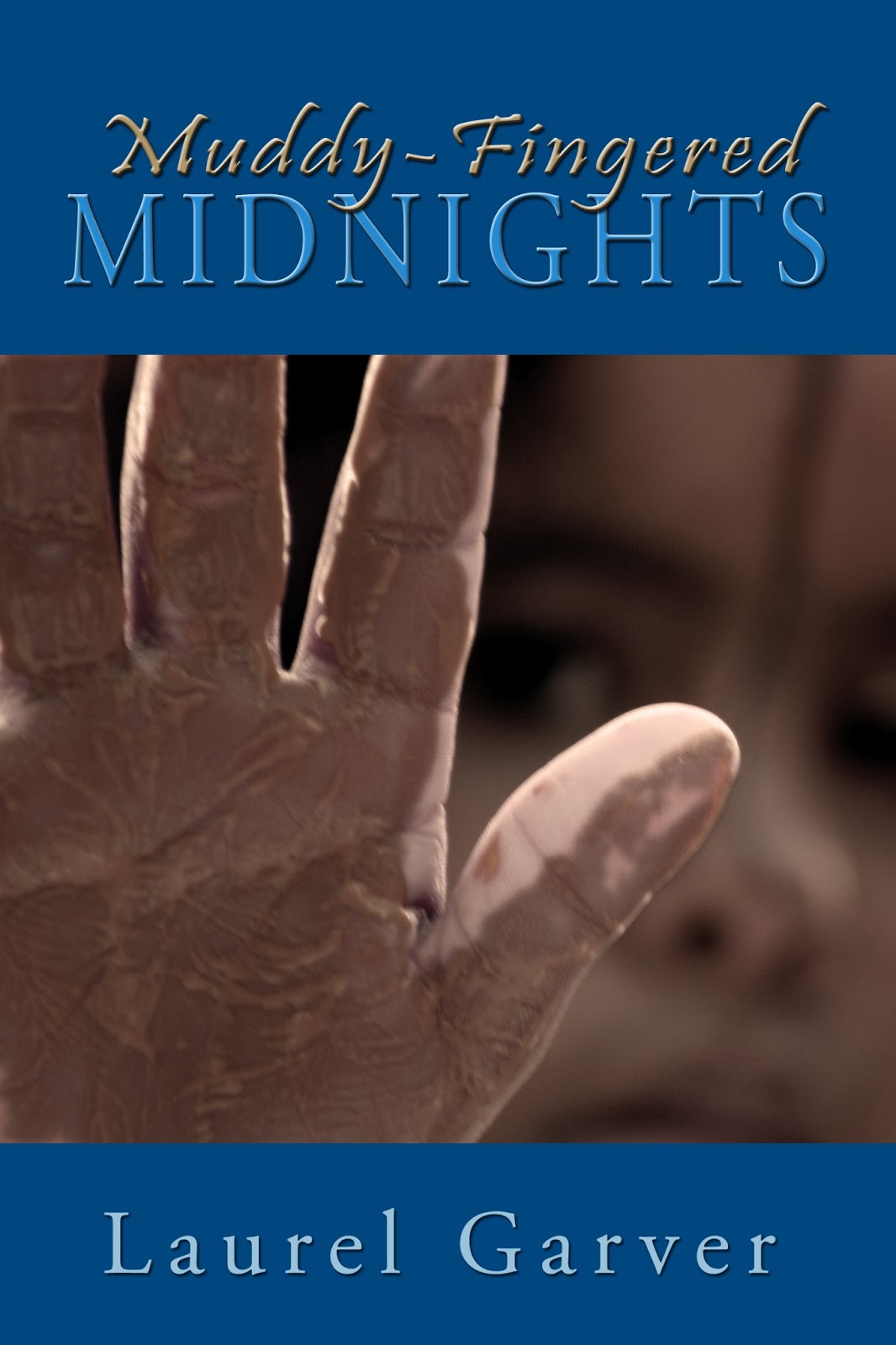Dear Editor-on-call,
How do we figure out where the line is between a stylized voice/dialect vs. proper grammar? I know this is a hugely "case-by-case" basis, but I often find the pieces I write with a bit of a dialect or style get corrected by critiquers for grammar, effectively changing how the character would think.
Sincerely,
Dialectable Dilemma
Dear Di,
I suspect the subtext of your question is this: "What do you do when your critiquers are so zealous in their campaign to promote 'good writing' that they suck all the voice out of your work?"
Let's face it, reading is a subjective thing. Some people like to experience cultures beyond their own, to meet people very unlike themselves--and others don't. Any literary device you choose to use will have its fans and its detractors.
As I see it, you have a few options in this scenario.
A. You keep changing your book trying to please everyone until you hate it so much you shelve it.
Can we say neurotic need for affirmation? Nothing will make you quit writing faster than trying to be everything to everyone.
B. You ignore everything the grammar zealots say, because they obviously don't get you.
Of course, they very well might have good insights into non-dialect sections. Do you really want to lose that too?
C. You ask only those who get what you're trying to do to read and critique.
Here, you run the danger of stagnating, because these friendly folks won't push you to change and grow.
D. You provide requests for specific feedback when asking anyone to critique:
"This story contains dialect. Please highlight spots that you think aren't quite reading smoothly."
If you're getting a lot of advice that feels useless, consider how you can be more explicit about what would be useful. Every reader goes into some default mode when they aren't given instruction. For some, the default is "find a dozen nice things to say." For others, the default is "find every instance of nonstandard usage and sloppy grammar."
You can probably guess which option I favor (D, of course!). While it's a good idea to periodically reassess how healthy or dysfunctional your critique relationships are, don't be too quick to sever ties with those who seem too harsh--or give unhelpful advice. Most folks who get into critique groups do so with the intention to learn and to help. Sometimes all that's needed is a meeting session in which you establish some ground rules, then ask for specific kinds of feedback whenever you submit work to be critiqued.
If that doesn't change things, you can decide to ignore certain kinds of critique (like grammar correcting dialect), mull the crits and weigh their merits, or simply leave if the overwhelming feeling from the group is constant negativity and put-downs.
While I haven't read it myself, I've heard others recommend The Writing & Critique Group Survival Guide: How to Make Revisions, Self-Edit, and Give and Receive Feedback by Becky Levine as a great resource for both new and established critique groups to function well.
And when it comes to dialect, go light. Research is essential for making it sound authentic. To that end, here are a few previous posts I've written
Swimming in the crick: delving into dialect
Howdy, 'allo, yo: five tips for researching dialect
And here are some addition helpful links on the topic:
The Uses and Abuses of Dialect
Grammar Girl: Writing Accents and Dialects
Writing Dialect: It's in the Rhythm
How have you dealt with unhelpful critiques? What's your take on dialect in fiction?
Have an Editor-on-Call question for me? Ask away!
 |
| Photo credit: Sgarton from www.morguefile.com |
How do we figure out where the line is between a stylized voice/dialect vs. proper grammar? I know this is a hugely "case-by-case" basis, but I often find the pieces I write with a bit of a dialect or style get corrected by critiquers for grammar, effectively changing how the character would think.
Sincerely,
Dialectable Dilemma
Dear Di,
I suspect the subtext of your question is this: "What do you do when your critiquers are so zealous in their campaign to promote 'good writing' that they suck all the voice out of your work?"
Let's face it, reading is a subjective thing. Some people like to experience cultures beyond their own, to meet people very unlike themselves--and others don't. Any literary device you choose to use will have its fans and its detractors.
As I see it, you have a few options in this scenario.
A. You keep changing your book trying to please everyone until you hate it so much you shelve it.
Can we say neurotic need for affirmation? Nothing will make you quit writing faster than trying to be everything to everyone.
B. You ignore everything the grammar zealots say, because they obviously don't get you.
Of course, they very well might have good insights into non-dialect sections. Do you really want to lose that too?
C. You ask only those who get what you're trying to do to read and critique.
Here, you run the danger of stagnating, because these friendly folks won't push you to change and grow.
D. You provide requests for specific feedback when asking anyone to critique:
"This story contains dialect. Please highlight spots that you think aren't quite reading smoothly."
If you're getting a lot of advice that feels useless, consider how you can be more explicit about what would be useful. Every reader goes into some default mode when they aren't given instruction. For some, the default is "find a dozen nice things to say." For others, the default is "find every instance of nonstandard usage and sloppy grammar."
You can probably guess which option I favor (D, of course!). While it's a good idea to periodically reassess how healthy or dysfunctional your critique relationships are, don't be too quick to sever ties with those who seem too harsh--or give unhelpful advice. Most folks who get into critique groups do so with the intention to learn and to help. Sometimes all that's needed is a meeting session in which you establish some ground rules, then ask for specific kinds of feedback whenever you submit work to be critiqued.
If that doesn't change things, you can decide to ignore certain kinds of critique (like grammar correcting dialect), mull the crits and weigh their merits, or simply leave if the overwhelming feeling from the group is constant negativity and put-downs.
While I haven't read it myself, I've heard others recommend The Writing & Critique Group Survival Guide: How to Make Revisions, Self-Edit, and Give and Receive Feedback by Becky Levine as a great resource for both new and established critique groups to function well.
And when it comes to dialect, go light. Research is essential for making it sound authentic. To that end, here are a few previous posts I've written
Swimming in the crick: delving into dialect
Howdy, 'allo, yo: five tips for researching dialect
And here are some addition helpful links on the topic:
The Uses and Abuses of Dialect
Grammar Girl: Writing Accents and Dialects
Writing Dialect: It's in the Rhythm
How have you dealt with unhelpful critiques? What's your take on dialect in fiction?
Have an Editor-on-Call question for me? Ask away!














